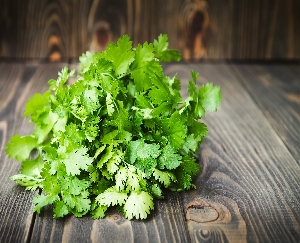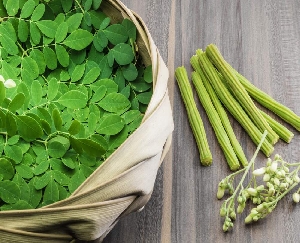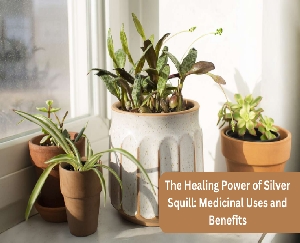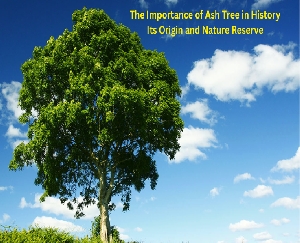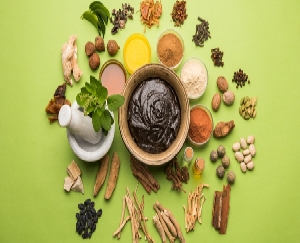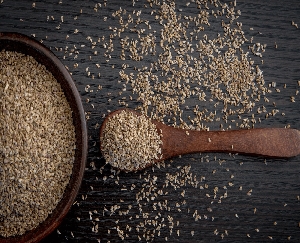
Moringa, also known as the drumstick tree, is a plant that has been recognized for its nutritional and medicinal benefits for thousands of years. It is native to the Indian subcontinent, but it is also widely cultivated in tropical and subtropical regions of Africa, Asia, and Latin America.
Moringa Medical Purposes
The Moringa tree is a quickly expanding, drought-resistant tree that can grow as tall as 10 meters. All parts of the plant, including the leaves, pods, seeds, and roots, are used for various purposes. The leaves, in particular, are highly nutritious and are consumed as a vegetable in many parts of the world. They are rich in vitamins, minerals, and antioxidants, and have been shown to have numerous health benefits.
In addition to its nutritional properties, Moringa is also used for medicinal purposes. Its leaves, roots, and bark are used to treat a variety of ailments, including arthritis, diabetes, high blood pressure, and respiratory infections. Moringa is also believed to have anti-inflammatory and anti-cancer properties. Every part of the tree, from the leaves to the seeds, has been used to treat various ailments. Here are some of the medical purposes of Moringa.
Read: Salvia Divinorum: Types, Propagation, Harms, Benefits, and Facts
Nutritional Benefits
Moringa is rich in essential vitamins and minerals, including vitamin C, calcium, and potassium. The leaves are also a good source of protein, containing all nine essential amino acids, making them a useful supplement for those who lack sufficient nutrition in their diet.
Moringa Anti-Inflammation Properties:
Moringa leaves and seeds have anti-inflammatory properties that can help reduce inflammation in the body. This makes it a useful herb for people with conditions such as arthritis or asthma.
Lowering Cholesterol:
Moringa leaves have been shown to lower cholesterol levels, which is a risk factor for heart disease. Moringa is also believed to help regulate blood sugar levels, making it potentially useful for people with diabetes.
Antioxidant Properties
Moringa contains high levels of antioxidants, which help protect cells from damage caused by free radicals. Free radicals are unstable molecules that can cause oxidative stress, which can contribute to aging and disease.
Wound Healing
Moringa leaves and seeds have antiseptic and antibacterial properties that can help prevent infections and promote wound healing.
Improving Digestive Health
Moringa leaves are a natural laxative, and the plant has been used to treat stomach ulcers and diarrhea. The leaves may also help regulate gut bacteria, promoting a healthy gut microbiome
Also Read: Healing Power of Silver Squill
Moringa Oil
Moringa oil is extracted from the seeds of the plant and is used in cosmetic and personal care products, as well as in cooking. The oil is rich in antioxidants and has moisturizing and anti-aging properties for the skin. Moringa oil, also known as Ben oil, is a highly nutritious and versatile oil extracted from the seeds of the Moringa oleifera tree. This tree is native to the sub-Himalayan areas of India, Pakistan, Bangladesh, and Afghanistan, but is also cultivated in other tropical and subtropical regions around the world
Moringa oleifera tree using a cold-pressed method, which involves crushing the seeds and pressing them to extract the oil. The resulting oil is pale yellow in color and has a light, nutty aroma. It is commonly used in cosmetic and personal care products due to its numerous benefits for skin and hair.
One of the most significant benefits of moringa oil is its high concentration of antioxidants, which help protect the skin from free radicals and other environmental stressors. This makes it an excellent oil for reducing the appearance of fine lines and wrinkles, as well as preventing damage from UV radiation and pollution.
Moringa oil is also rich in vitamins A, C, and E, which are essential for maintaining healthy skin and promoting cell growth. These vitamins help to nourish and hydrate the skin, while also promoting collagen production and reducing inflammation. This makes moringa oil an excellent choice for people with dry, sensitive, or acne-prone skin.
In addition to its benefits for the skin, moringa oil is also a popular choice for hair care. Its high concentration of vitamins and antioxidants helps to strengthen hair and prevent breakage, while also nourishing the scalp and promoting healthy hair growth. Moringa oil is also known for its ability to fight dandruff and other scalp conditions.
Overall, moringa oil is a highly beneficial and versatile oil that offers numerous benefits for the skin and hair. Its rich nutrient content and antioxidant properties make it an excellent choice for anyone looking to maintain healthy, radiant skin and strong, lustrous hair
One of the reasons why a Moringa is such a valuable plant is that it is easy to grow and can thrive in harsh conditions. It is a low-maintenance plant that does not require a lot of water, and it can be grown in a variety of soils.
Also Read- 5 Snake Plant Disadvantages – You Should Know
Conclusion
The Moringa plant is a versatile and valuable resource that has been used for thousands of years for its nutritional, medicinal, and cosmetic properties. With its ability to grow in harsh conditions and its many benefits, it has the potential to play an important role in improving the health and well-being of people around the world.

Dr. Naveen Chauhan
BAMS, PGCRAV (Ay. Surgery)Founder Director, Shri Dhanwantari Clinic, Ghaziabad










